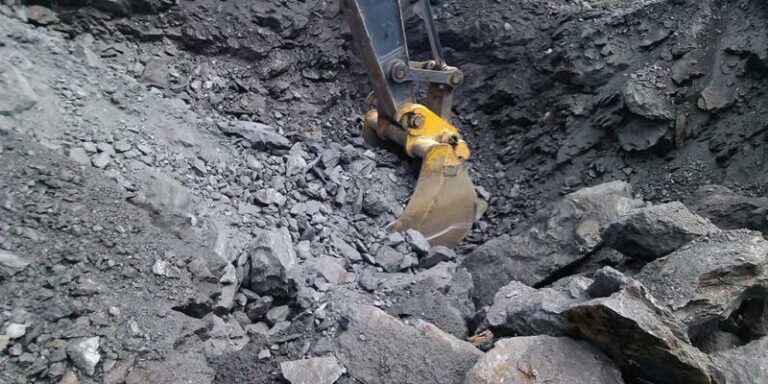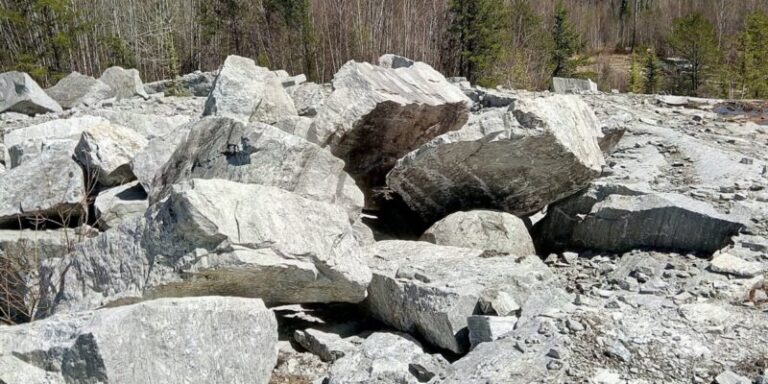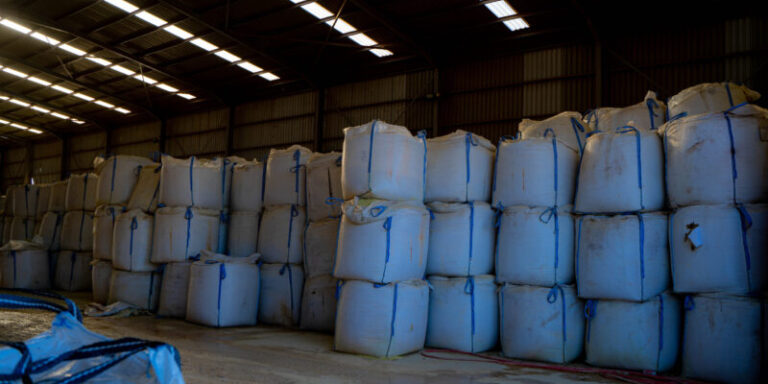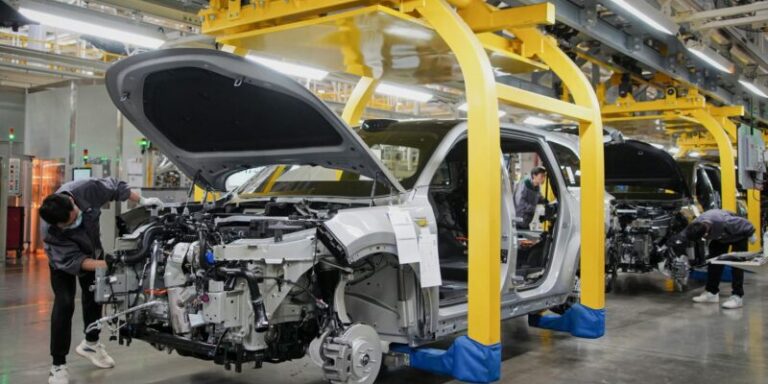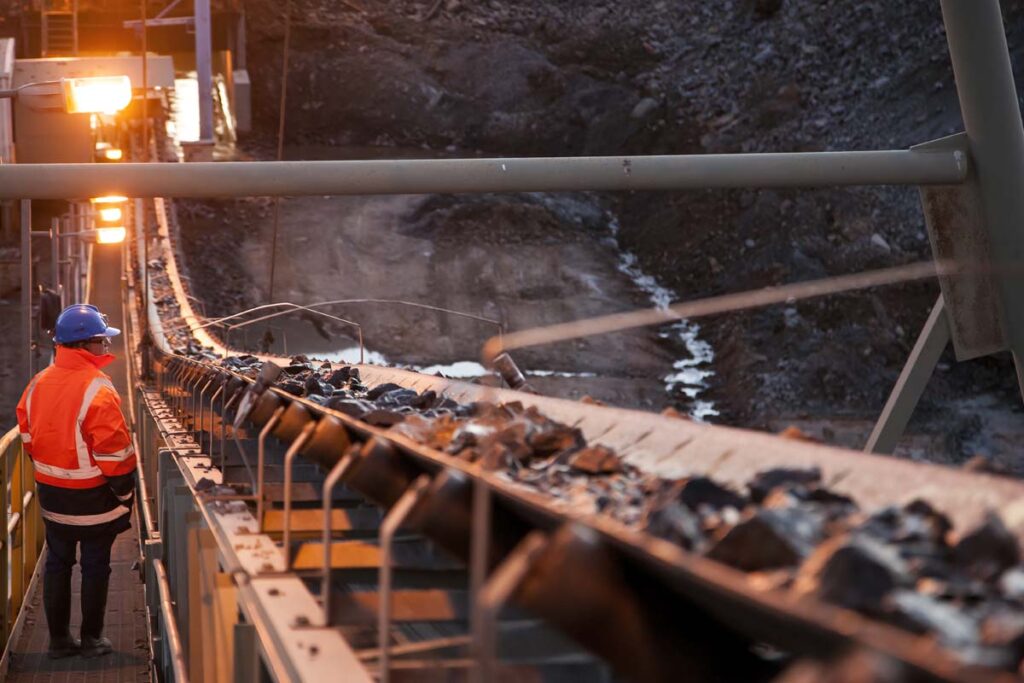
Mining activities in Africa, led by both the private and public sectors, are increasingly focusing on sustainable techniques to prioritize environmental sustainability, social responsibility, and good business practices.
With Africa’s efforts to maximize the exploration and production of its abundant extractive resources, including critical minerals like lithium and cobalt, in order to shape the global energy transition and drive economic growth, the adoption of sustainable practices has become the norm.
Sustainable Mining Techniques and Land Management
Traditional mining techniques such as open pit and underground mining have significant negative impacts on the environment and land at mining sites.
However, new alternatives like in-situ leaching are allowing projects to minimize land disturbances and reduce environmental impact.
By employing modern mining mechanisms and advanced land rehabilitation techniques, such as afforestation, project operators can mitigate soil erosion and disturbance to vegetation.
Moreover, the reuse of mining waste, including tailings, rocks, and wastewater, for purposes like building mining infrastructure, dust suppression, and agriculture presents opportunities for effective land and waste management, thus enhancing environmental sustainability.
Automation
While many mining processes, including exploration, have traditionally relied on manual techniques, the emergence of advanced technologies such as machine learning, artificial intelligence, cloud computing, the internet of things, robotics, and digital twins can revolutionize process automation in Africa’s mining industry.
This can lead to simplified and smart mining operations with reduced impact on the environment, land, and workers.
Africa, with some of the world’s deepest mines, can leverage digital twins to digitally and securely open mining sites, thereby reducing land degradation while enhancing worker safety.
Clean Energy Adoption
As one of Africa’s most energy-intensive industries, the mining sector has the potential to drive the continent’s energy transition and promote the adoption of clean energy for energy security and reduced emissions.
Mining companies like Anglo American, Sibanye-Stillwater, Gold Fields, Harmony Gold, and Impala Platinum have committed to expanding renewable energy usage through large-scale projects in South Africa. However, Africa’s mining sector as a whole represents untapped renewable energy potential, capable of ensuring energy security at mining sites and across national grid networks.
Transport Decarbonization and Electrification
The shift by mining firms from diesel and petrol-powered engines and vehicles to low-carbon and electric vehicles will play a crucial role in reducing the industry’s carbon footprint. For example, Anglo American has introduced a 2 MW hydrogen-battery hybrid truck at its Mogalakwena Platinum Group Metals (PGMs) mine in South Africa as part of its FutureSmart Mining program.
This initiative aims to replace the company’s 40-strong diesel-powered fleet with green hydrogen systems and achieve carbon neutrality for eight of its mines by 2030.
Addressing Illegal Mining
Illegal mining practices disregard national, regional, and global environmental sustainability and mining standards.
Conversely, legal mining practices play a crucial role in land and environmental management, poverty alleviation, and employment generation within local communities. Moreover, legal mining contributes significantly to a country’s gross domestic product growth.


